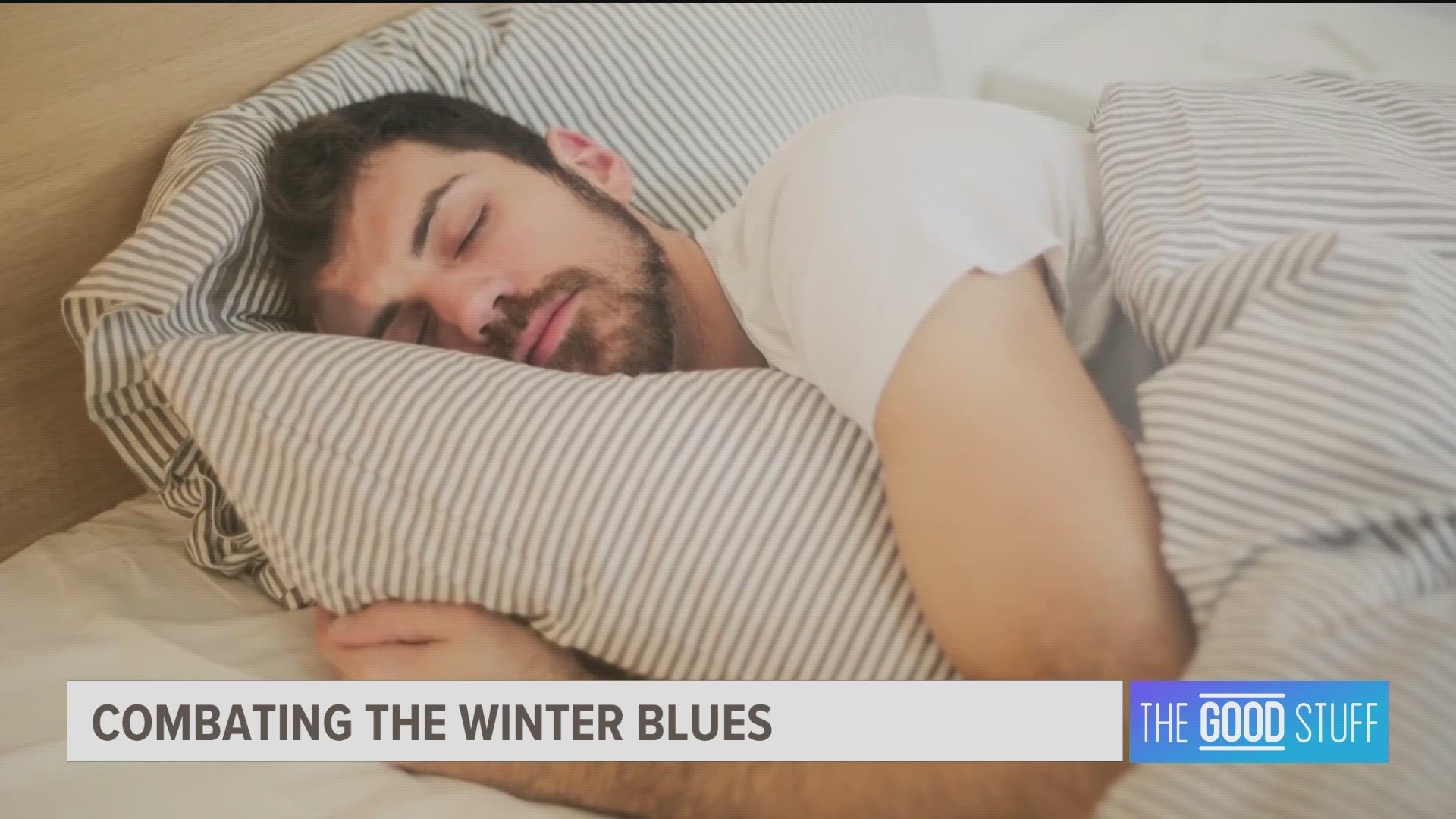PORTLAND, Ore. — Entering the winter season in the Pacific Northwest is usually bad news for lovers of long days and sunshine. Many of us view the shorter days as a nuisance but for others it can lead to the winter blues or worse. Those blues tend to be magnified by the end of Daylight saving time on November 5.
“Daylight saving has its own set of issues related to our health. The main thing is our bodies are attuned to the day and the rhythm of the day and we're very sensitive to this,” said Dr. Paul Giger. “When we have an event, like coming up this weekend, everybody's going to get thrown off an hour.”
Dr. Giger is the medical director of behavioral health with Providence Health Plan. Dr. Giger says, the shift in time creates minor stress on our bodies, despite the initial extra hour of sleep.
“Which kind of sounds good and for some people maybe is beneficial, but the clock is adjusting in an artificial way,” he said. “That can lead to…symptoms like irritability, mood problems, and it can kick off insomnia for people because their sleep cycle just gets kind of messed up.”
Besides insomnia, Dr. Giger points to depression or Seasonal Affective Disorder (SAD). “Research shows that if you've had one episode of depression in your life, your odds of having another one is about 50%. And then if you've had two, it's about 70%. And if you've had three episodes, it's about 90%. It's almost like it can become a chronic problem.”
Dr. Giger’s advice for combatting the effects of shorter days start with something he calls good sleep hygiene.
“That basically means a set of behaviors that promotes good sleep. So that would be like getting up at the same time every day, trying to go to bed at the same time as well. But getting up is the real key thing. The best sleep medicine is a busy day, and if you've got a 16-hour busy day, you're more likely to get good sleep. Avoiding taking naps because that can disrupt your sleep cycle," said Dr. Giger. "Avoid caffeine after noon. Some people don't do well if they exercise too late in the day, they can kind of activate and wake them up. So I would say one thing as you think about winter approaching is educate yourself about sleep hygiene and really try to dial that down.”
Despite taking all the precautions, you still feel the effects or symptoms of some sort of depression. Even when you notice a change in your friends or family members Dr. Giger says to ask questions.
“It can sometimes be hard to self-diagnose because you're inside in your own experience. But I think that's the key thing like, ‘Wow, this is really impacting my work, my school, my ability to parent,’ that may be a time to ask somebody for help, who has an outside view. We'd certainly encourage people to do that,” he said.
“What I tell people to look for is if there's a real significant personality change, or change in behavior patterns, people often might withdraw. You know, you're not hearing from them. And when you do you notice that they're not quite themselves. I think that that creates an opportunity to just ask, ‘how are you doing? You don't seem like yourself.’ that's a really good kind of opening question. ‘Is everything okay?’ Because when we think about clinical depression, we describe them as episodes, meaning that somebody really is in a state that's not normal for them. They have this condition that is leading them to have obvious impairments in their life.”
If you’re pregnant and want to stay away from medication, Dr. Giger says, using a light therapy lamp for 30-minutes of light therapy in the morning can help kick start your circadian rhythm.
If symptoms seem overwhelming or the pending time change causes anxiety, reach out to your primary care provider.

